In 1976 BCC opened a branch in Djibouti, a small country positioned on a primary shipping lane between the Gulf of Aden and the Red Sea and held considerable strategic importance in international trade and shipping industries.
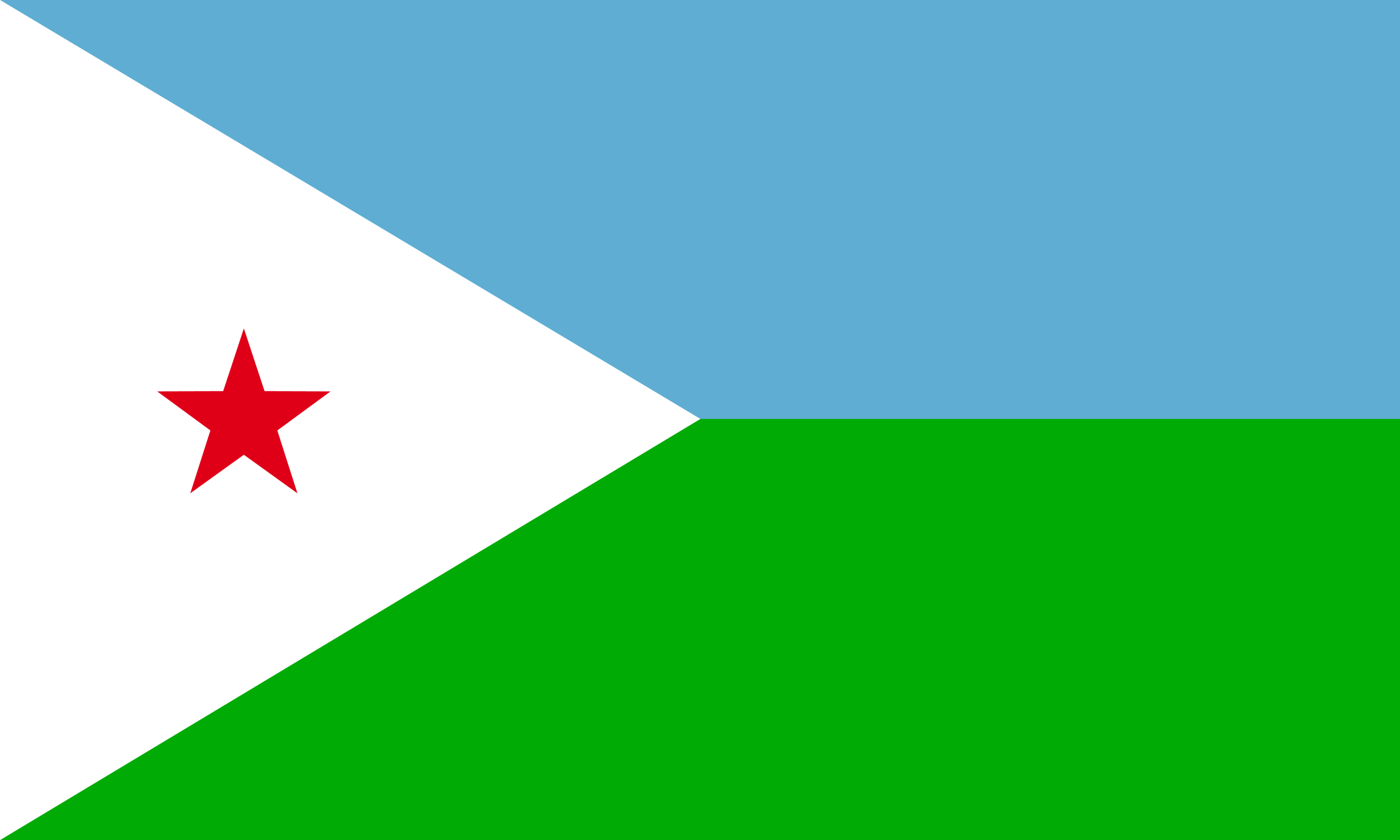
Formerly known as French Somaliland the country took the name of Djibouti when it gained independence from France in 1977.
When the European nations began to partition Africa among themselves in the late 19th century, France already possessed (from 1862) a 'coaling station' at Obock near the mouth of the Red Sea, to provide sheltered waters for repairs of French naval ships and for replenishment of supplies.
By the end of the 1880s, France had expanded its holdings to the area of present Djibouti, French Somaliland (renamed the French Territory of the Afars and Issas in 1967) became independent as the Republic of Djibouti in 1977.
Country information
Djibouti is bounded by Eritrea to the north, Ethiopia to the west and southwest, and Somalia to the south, commonly known as the Horn of Africa.
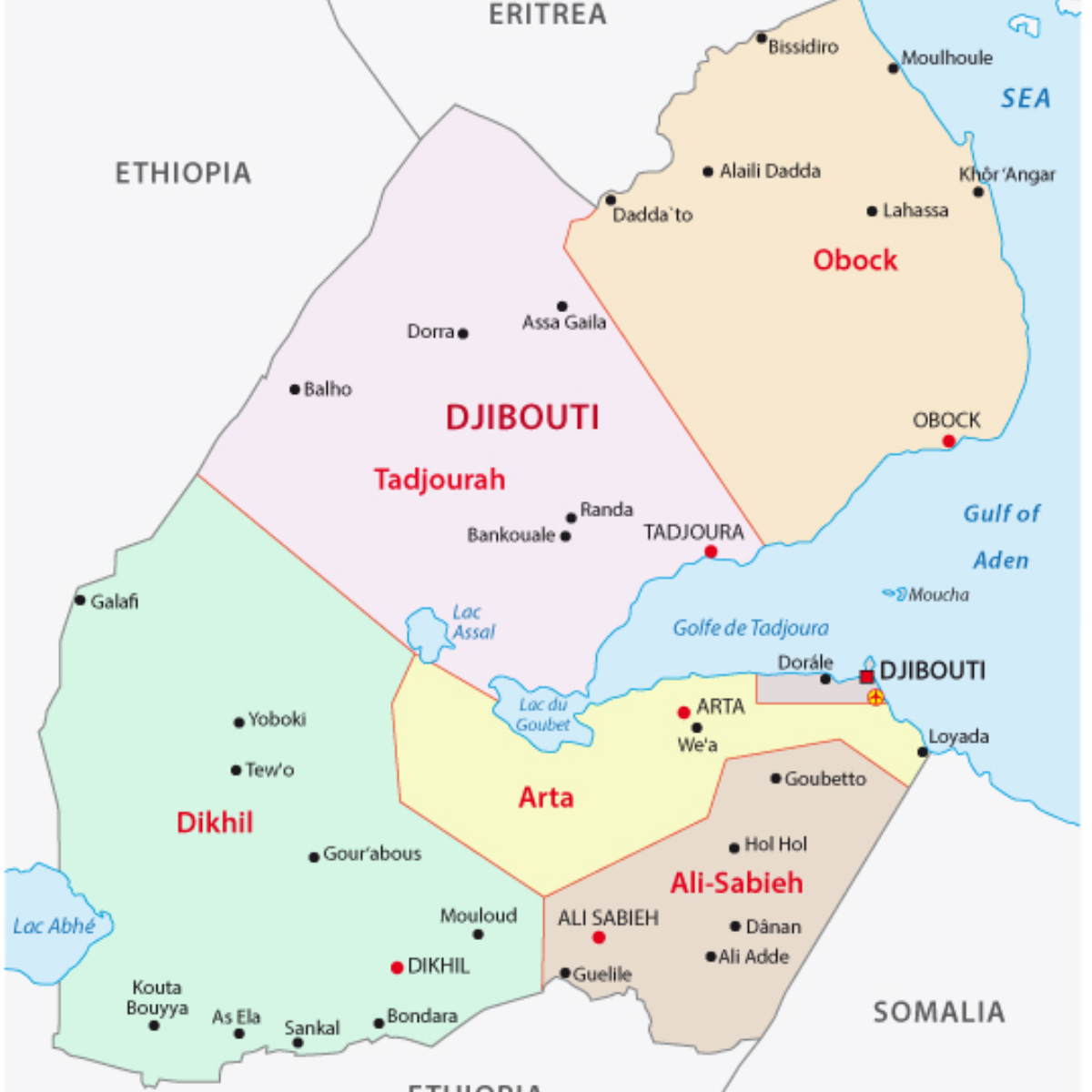
Djibouti’s capital was Djibouti city, the site of a deep-water port that served the busy Indian Ocean and Red Sea shipping traffic. The city was situated at the southern entrance of the Gulf of Aden.
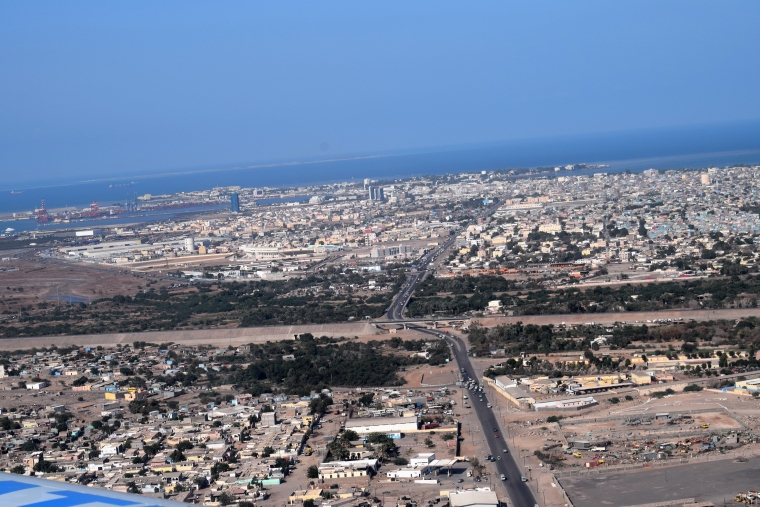
Around 30 percent of the world’s shipping passed on its way to the Suez Canal and the Red Sea. The strategic position of the port attracted more and more transhipments at Djibouti. The port facilities were also important to shipping companies for fuel bunkering and refuelling.
The population of the country in late 1970s was around 300,000.
The country recognised two official languages: French and Arabic. Fluency in French was particularly important in business and for those with political aspirations.
The country's currency was the Djiboutian franc pegged to the US dollar since 1949.
Economy
Djibouti had few natural resources and because of the country's harsh landscape and limited areas of arable land, agriculture was not a viable economic sector. It had limited capacity for industry.
Djibouti itself had few exports from which earnings were not significant and relied heavily on imports that came mainly from France.
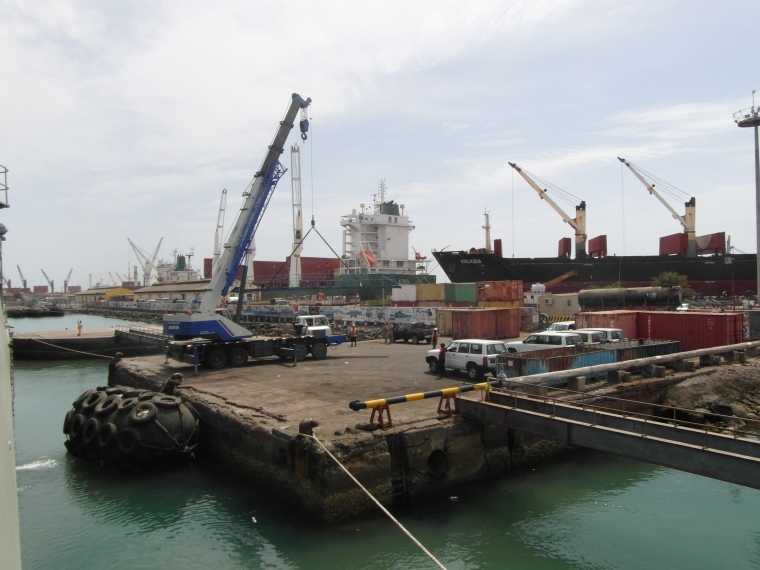
Djibouti's most important economic asset was its strategic location, connecting the Red Sea and the Gulf of Aden. As such, Djibouti's economy was dominated by the services sector, providing services as both a transit port for the region and as a international transhipment and refuelling centre used by shipping companies.
Several landlocked African countries in the region also used Djibouti for the re-export of their goods. Principal exports from the region transiting Djibouti were coffee, salt, hides, dried beans, beans, and other agricultural products.
BCCI branch in Djibouti
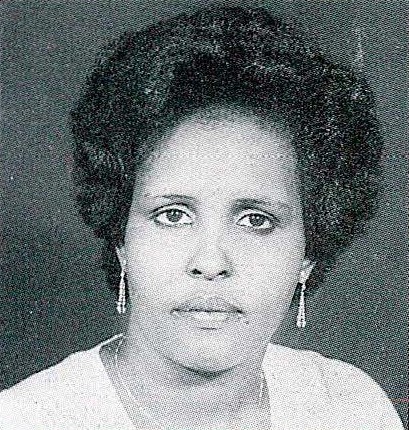
Djibouti branch was located at:
10 Aveneue Pierre Pascal
BP 2105
Djibouti
Tel: (253) 51741/ 351746
Cables: BANCRECOM
Telex: 5810 BCCI DJ
BCCI closure
On 5 July 1991 the Bank of England and other regulators in the west decided to freeze BCCI Group's assets and abruptly shut down BCCI's operations worldwide.
The priority of the governments and central banks in some countries was to protect their people and the local operations of BCCI continued in a different name after the assets and liabilities were acquired by private investors or another bank.
No information is available on the status of BCC branch in Djibouti after the closure of BCC was announced in the West.
"The central bank of the Monetary Union of West African States announced last week that BCCI branches in Niger, Togo, Senegal and Ivory Coast were financially sound and would reopen soon." (apnews abidjan: 1 August 1991).
The BCCI Group majority shareholders considered the abrupt action by western central banks to shut down BCCI in 1991 was unjustified when they already had detailed discussions with the Bank of England and other regulators on a restructuring plan and would have injected further capital, if required.
In a 24-page report not made public but sent to some 60 central bankers worldwide, the United Nations Center on Transnational Corporations said that by simply shutting down the 70-nation banking network that financed international trade of $18 billion a year, the economic damage fell hardest on countries like Nigeria, Bangladesh and Zambia, where B.C.C.I. was an important institution. (New York Times, Feb 5, 1992)
